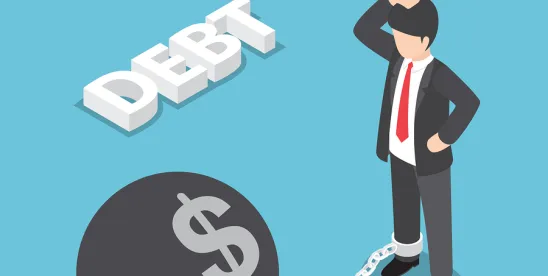The Second Circuit recently upheld a decision finding two individual co-owners personally liable for nearly $11 million for their companies’ violations of the Federal Trade Commission Act (FTCA) and Fair Debt Collection Practices Act (FDCPA). The companies’ business consisted largely of collecting payday loan debts they had purchased.
In FTC v. Federal Check Processing, Inc., et al., on summary judgment, the U.S. District Court for the Western District of New York found that the corporate defendants misrepresented that they were with the government, falsely accused consumers of committing check fraud, threatened consumers with arrest if they did not pay their debts, and sometimes called friends, family, co-workers, or employers of debtors, “telling them that the debtors owed a debt, had committed a crime in failing to pay it, and faced possible legal repercussions.” The district court held that the two individual co-owners and co-directors were personally liable for $10,852,396, the FTC’s calculation of the total amounts received by the corporate defendants from consumers as a result of their unlawful acts.
On appeal, one co-owner did not challenge the district court’s conclusion that the companies violated the FTCA and FDCPA but argued that (1) he was erroneously held personally liable and (2) the court erred in setting the equitable monetary relief at $10,852,396. (The other co-owner failed to submit a timely brief and his appeal was therefore dismissed pursuant to local rules.)
The Second Circuit agreed with the district court that the defendant had both authority to control the corporate entities and sufficient knowledge of their practices to be held individually liable for their misconduct as a matter of law. He had a 50 percent ownership stake in the corporate defendants, had signature authority over their bank accounts, served as their co-director and general manager, and had the power to hire and reprimand employees, and therefore had the authority to control the companies’ unlawful actions. As co-director and general manager, he was also “intimately involved with the unlawful activities at issue: the collection calls.” He maintained a desk in the collection call center which he visited at least daily, spending up to half of the day there, and “made some of the more offensive collection calls himself.”
The Second Circuit also affirmed the disgorgement amount ordered. The defendant asserted that the FTC relied on “approximately 45 calls where it claimed that fraudulent calls were made” which was insufficient to establish that “the entire operation was ‘permeated with fraud.’” The Second Circuit noted the FTC had submitted more than 500 consumer complaints regarding the defendants’ debt collection practices, aggressive collection scripts recovered from collectors’ cubicles, and audio recordings of twenty-one of the twenty-five collectors falsely telling consumers that the collectors were law enforcement personnel or “processors.” Given this evidence and the defendant’s decision not to submit any proof that the companies earned some or all of their revenue through lawful means, the Second Circuit concluded that the amount of disgorgement for the companies’ gross receipts was appropriate.



 />i
/>i

